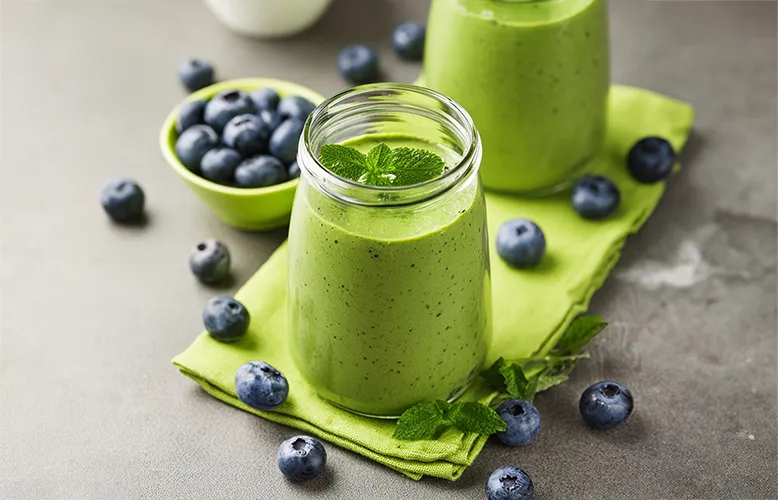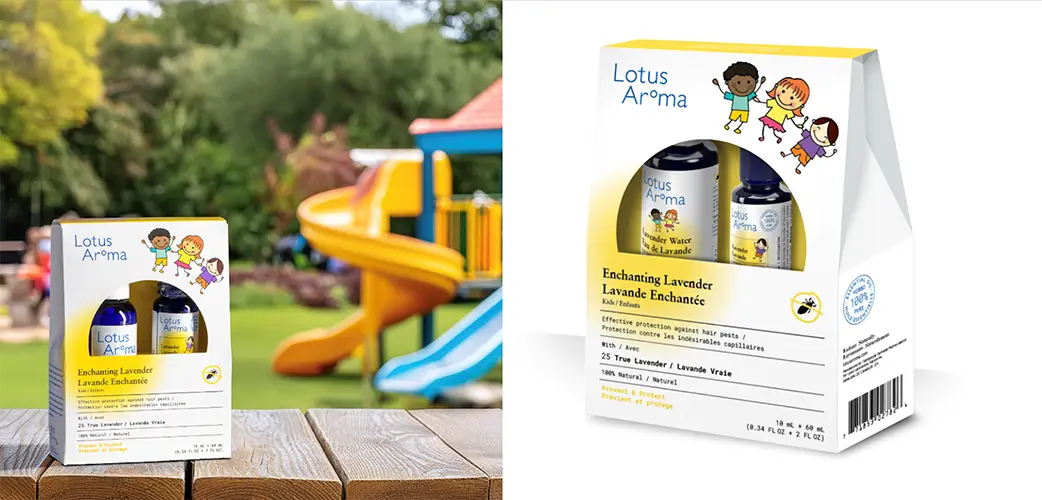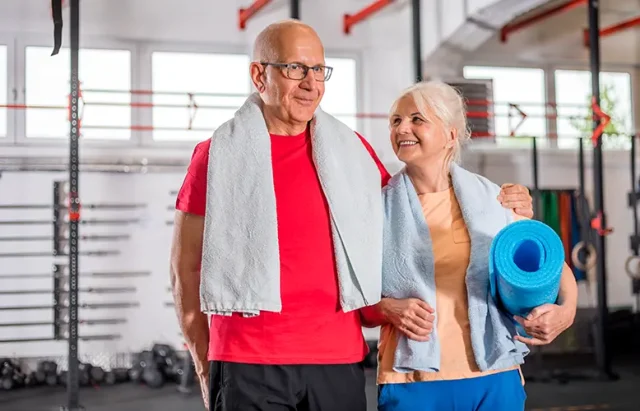As we journey through life, the significance of maintaining excellent health and overall well-being becomes more apparent, especially in senior living communities. These communities recognize the importance of providing their residents with access to comprehensive fitness and nutrition programs. A blend of proper nutrition and regular exercise can significantly enhance the quality of life for seniors, enabling them to preserve their independence, elevate their energy levels, and reduce the risk of chronic diseases. In this blog, we will delve into essential fitness and nutrition recommendations designed to benefit seniors living in senior communities.
Fitness Guidance for Seniors in Senior Living
In senior living communities, which often offer specialized memory care services, maintaining health and wellness through fitness and nutrition becomes even more critical for residents with cognitive impairments.
- Sustain an Active Lifestyle: Routine physical activity is the cornerstone of healthy aging. Walking, swimming, or yoga are excellent for enhancing flexibility, balance, and muscle strength. Many senior living communities offer tailored fitness classes to cater to the unique needs and abilities of their residents.
- Strength Training: Incorporating strength training exercises into your fitness regimen is paramount for preserving muscle mass and bone density. This can be achieved through weightlifting, resistance bands, or bodyweight exercises. It’s crucial to seek guidance from a fitness professional or physical therapist to determine the ideal weight and intensity for your specific requirements.
- Enhance Balance and Flexibility: As we age, balance and flexibility may diminish, increasing the risk of falls. Engaging in balance and flexibility exercises can help mitigate this risk. Tai Chi and Pilates are outstanding options often offered in senior living communities.
- Aerobic Exercise: Aerobic activities like dancing or cycling can bolster cardiovascular health, endurance, and mental well-being. These activities can also be enjoyable and social, making them a perfect fit for seniors.
- Pay Attention to Your Body: It’s essential to be in tune with your body’s signals. If you encounter discomfort or pain during exercise, it’s vital to cease and consult with a healthcare professional. Training should enhance your overall well-being, not cause harm.
Nutrition Guidelines for Seniors in Senior Living
- Maintain a Balanced Diet: A balanced diet, rich in fruits, vegetables, whole grains, lean proteins, and healthy fats, is the foundation of senior nutrition. It provides the nutrients for sustained energy, robust bones, and overall health.
- Portion Management: Seniors may require fewer calories compared to their younger years, underscoring the importance of portion control. Consuming smaller, more frequent meals can help manage weight and prevent overindulgence.
- Stay Hydrated: Dehydration can pose a significant challenge for older adults, as the sensation of thirst may diminish with age. Adequate hydration is critical for various bodily functions, including digestion and temperature regulation.
- Restrict Sodium and Sugar Intake: Reducing sodium consumption is beneficial for maintaining healthy blood pressure while curbing added sugars can avert weight gain and promote heart health. Vigilance in reading food labels and opting for low-sodium and sugar-free alternatives is advised.
- Incorporate Calcium and Vitamin D: Bone health takes on increasing importance with age; hence, it’s vital to ensure your diet includes an adequate supply of calcium and vitamin D. Dairy products, fortified foods, and leafy greens are excellent sources.
- Consult a Nutrition Expert: Seeking counsel from a registered dietitian or nutritionist is a wise step. These professionals can develop a personalized nutrition plan that takes into account your specific dietary requirements and any existing medical conditions.
In senior living communities, the preservation of health and wellness is paramount. Fitness and nutrition are pivotal elements that significantly enhance the quality of life for seniors. By staying active and embracing a balanced diet, seniors can enjoy their golden years with increased independence and vitality. It’s always possible to embark on a journey of health and well-being. With the support and resources available in senior living communities, seniors have the opportunity to initiate positive, lasting changes in their fitness and nutrition routines.




































